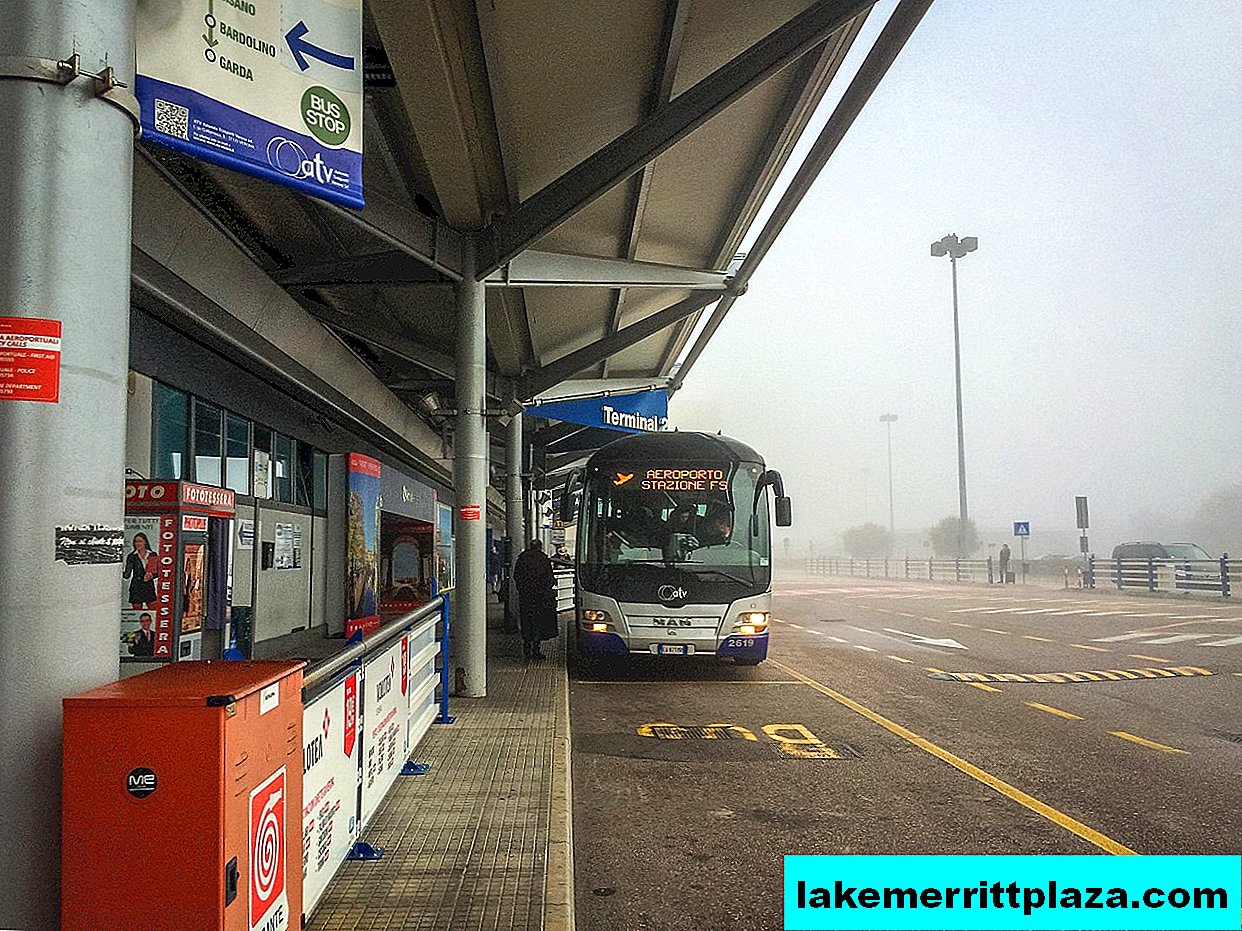Are you a foreigner looking for work in Italy? Do not cheat yourself because you have to go through a foreign language interview. We picked up some tips that will surely allow you to easily go through this procedure, as well as like a recruiting specialist.
Please accept our congratulations if an Italian company has already invited you for an interview. You have already managed to interest them in your resume, and now you just have to make a pleasant impression on the interviewee, and also convince him that you are best suited for this job.
But not so simple. As you know, each country has its own special mentality. And its features affect almost all areas of life, including work. This means that there is a chance that you may be misunderstood at the interview. Simonetta Saprio, senior manager at the Hays Italy recruiting agency, explains that Italians are often wary of interviews.
“Employers are very cautious and prudent here. Perhaps this is due to all the vicissitudes of the Italian labor code, according to which you can terminate a contract with an employee only in a few cases. Therefore, when you hire someone you need to reduce the risk of choosing the wrong candidate.”
With the help of an expert in the selection of personnel, we were able to draw up some very useful tips.
Openness

Like recruiters from other countries, Italian recruiters also pay special attention to how open the candidate is in communication. Among other things, you should clearly explain what specifically motivated you to get this particular position. These can be both personal motives and professional reasons. However, Saprio notes, “mentioning the economic crisis in such a context is not a good idea.” And if you have a family that needs to be taken care of, do not hide this fact, but prove that you manage to achieve success not only in your career, but also in family life. “You shouldn’t hint to your potential employer that you will probably have to“ skip ”the work sometimes because of a number of family issues."
Meeting and greeting

In Italy, it is customary at a meeting to kiss each other on the cheek, but such liberties for interviews should not be allowed. A traditional handshake will be more than enough. “Eye contact is also very important,” warns Saprio.
Official speech
If your level of proficiency in Italian is not high enough, then before the interview you are strongly advised to remember the simplest grammar rules. Do not forget that in Italian there are the pronouns “lei” (“you”) and “tu” (“you”). Do not “poke” the interviewer even if he or she is half your age, think that this person can be much more experienced than you. When contacting a recruiter, use “dottore” (“dottore”) and “dottoressa” (“dottoressa”) (formal appeal to a person with higher education) instead of the usual “signore” (“signore”) and “signora” (“signora”) .
Dress code

“The Italians pay great attention to style,” Saprio says. "In choosing clothes for an interview, you better stay on a suit. But again, it all depends on the field of activity of the company for which you are applying for a job. For example, information technology workers prefer a fairly loose style of clothing." Also, do not overdo it with makeup.
Talk less about your hobbies
If in England it is considered customary to talk for hours about your preferences and hobbies, then in Italy it is better to get down to business immediately. “Of course, if you are not asked anything about your favorite activities, then do not talk about them yourself,” Saprio advises. "But if, for example, you are applying for a position that involves constant business trips and trips, it is unlikely that a reading enthusiast will prefer a candidate who has traveled half the world."
Punctuality

Despite the fact that Italians are not particularly “famous” for their habit of arriving on time, it’s better not to be late for an interview. “Come on time, but not earlier than 10 minutes before the start of the interview,” warns Saprio.








